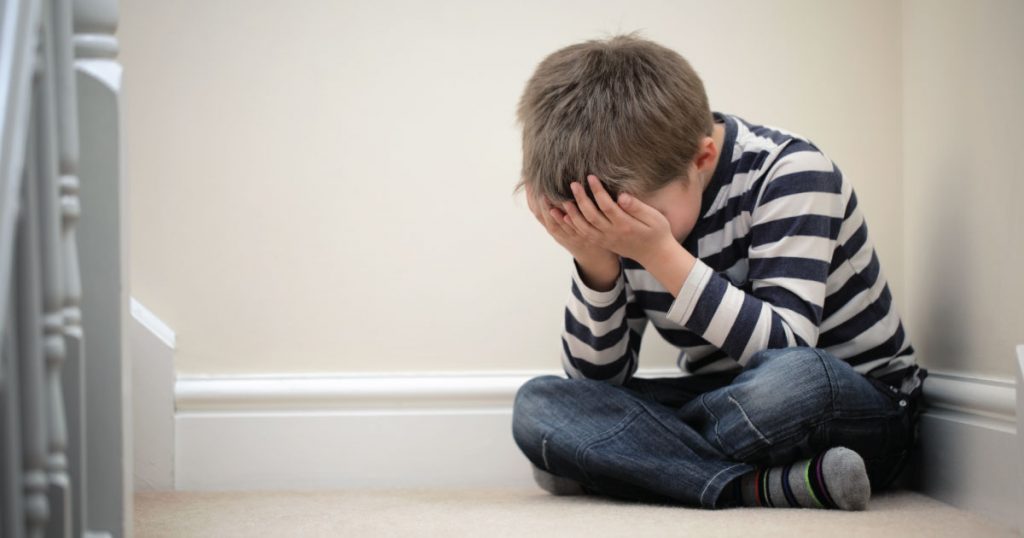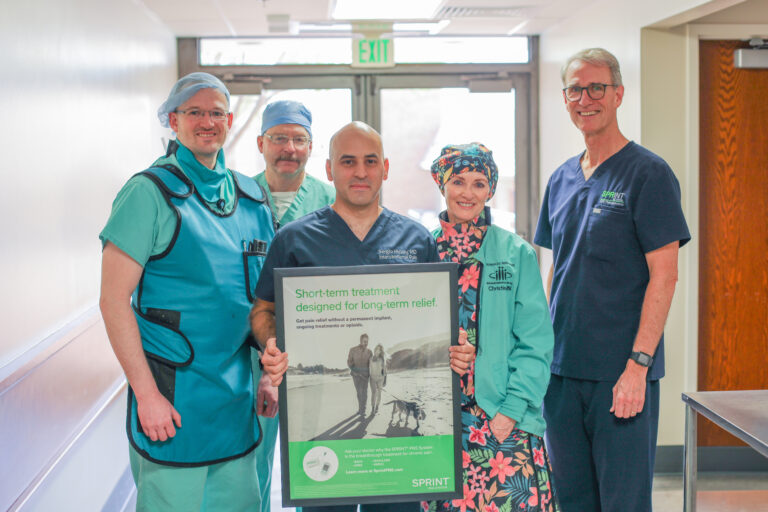
Helping Children with Storm Anxiety
Do you have children or grandchildren who become anxious and agitated whenever it storms? If so, there are ways to help them overcome their fear of strong windes, thunderstorms, and tornadoes.
It’s common for children to be afraid of storms. There are many things you can do at home that may ease their anxiety. If, however, you find that their fears of storms do not improve, or if the anxiety begins to interfere with daily life, consider having them talk with a therapist or counselor.
During a storm, it is reasonable for a child to seek comfort from a parent or caregiver. Storms can be scary. For children who are particularly sensitive to noise or light, thunder and lightning can be particularly challenging. For some children with a significant fear of storms, the problem comes not so much from a storm itself, but from the anticipation of a storm. That anticipation can result in ongoing stress and anxiety.
Many young children are hesitant to leave the house if they think they may get caught in a storm. They may try to avoid outdoor activities. This stress can get in the way of other aspects of their lives, such as schoolwork, because the fear makes it hard for them to concentrate. It can be wearing on parents, too, as the children look for constant reassurance that there is not going to be a storm.
HOW TO EASE FEARS
For some children, it is comforting to know the plan for staying safe in a storm. Talk to them about what your family will do during a storm—even if you are outdoors or away from home. Reassure them that you will do whatever you can to keep them safe.
Knowledge also can be helpful. Books, websites, or other resources that discuss weather are a good place for your children to learn more. Learning more about the weather and understanding what causes a storm can help ease some children’s anxiety about when a storm may happen. Just be careful that the sources you choose focus on the storms themselves, rather than dwelling on the destruction they may cause.
DECREASING SAFETY BEHAVIORS
Try to help your children or grandchildren decrease their “safety behaviors.” These are the things they do that make them feel a little better but don’t really do anything to keep them safe, including checking the forecast or asking about heading to a shelter. When kids rely on these behaviors, it prevents them from learning that they can handle uncertainty. As these behaviors decrease, children come to see that they can manage not knowing exactly what’s going to happen, and things often turn out fine.
As you work through ways to help your children or grandchildren handle their fear, remember that it is important to be supportive and encouraging. Never punish or belittle a child for being afraid.
If the fear continues despite your attempts, or if it gets worse or becomes distressing to you as a parent, then it is time to seek professional help.
The therapy used for storm anxiety consists of helping kids face their fear. It may start with simply talking about storms. That may transition to reading stories about storms and watching videos of tornadoes, hurricanes, or other big storms. Eventually, it may include having the child outside in the rain or standing near a window watching a storm while it happens.
Of course, one of the challenges is that a therapist cannot conjure up a storm for a therapy session. Instead, making a plan and role-playing what children can do to handle a storm allows them to feel confident that they know what to do when a storm comes. Helping kids gradually face their fears in this way has proven to be quite successful in overcoming anxiety and excess worry.
BINGHAM HEALTHCARE MENTAL HEALTH COUNSELORS
If you or a loved one require the services of a mental health counselor, please call (208) 785-3800 to schedule an appointment or visit www.BinghamMemorial.org/Mental-Health-Counselors. Our mental health specialists see patients in Blackfoot, Idaho Falls, and Pocatello.
Content source: MayoClinic.org
Our content is reviewed regularly and is updated when new and relevant evidence is made available. This information is neither intended nor implied to be a substitute for professional medical advice. Always seek the advice of your physician or other qualified health provider prior to starting any new treatment or with questions regarding a medical condition.
Return to Articles


